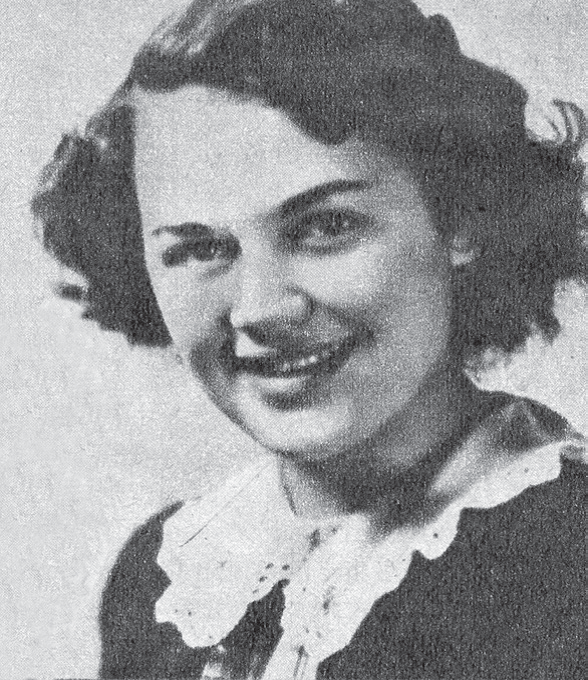In a small time, it sometimes seems like nothing bad could ever happen. And that’s what the residents of Vancouver, Washington thought, until the day young JoAnn Dewey went missing. In her book The Murder of JoAnn Dewey in Vancouver, Washington, Pat Jollota explores the disappearance and murder of a girl lost too soon. Read on for an adapted excerpt of this new true crime mystery!
The tragedy of JoAnn Dewey rocked the city of Vancouver and Clark County, Washington. The shockwaves rippled into Portland, Oregon.

There had always been crime, of course, and some murders, but those crimes were explainable—the motives clear. This murder was inexplicable: a young woman beaten and carried away—with upstanding citizens watching! The populations of both cities were swept up into the story.
The search for the missing girl gripped the cities. Every clue, every report, every rumor was absorbed and passed on. When the battered and disfigured body was found, the news swept across the county. Hypotheses, gossip and rumors proliferated. Into that atmosphere came the news of the arrest of two young brothers. They never stopped protesting their innocence. Every day, the newspapers covered the crime, the arrest and the subsequent trial on front pages. This was an unprecedented event after all. This was the kind of crime that only happened in big cities.
As the story evolved, it became ever more complicated. Side stories developed, and conjecture accompanied them. Scandals shocked the soul. Conspiracies were discussed. Gradually, the community began to split. Many people were convinced of the brothers’ guilt. Others were sure that they were innocent and being framed. The arguments continued for months in the barbershops, Grange Halls, and church socials.
Part of the puzzle was the speed with which the men were identified, located, and arrested. They were young. They were publicly charming and well-groomed. They became local celebrities. Most of the confusion that ensued was caused by lack of experience and a surplus of bravado at top echelons. Politics entered into it; personalities complicated it. All of these conditions resulted in a community divided.
The story became overwhelming. The front-page dominance of the daily drama continued for months across the region and beyond. As the years have passed, the story has changed. It became a cautionary tale, one that parents would tell their daughters: “The streets are dangerous, even in a small town—you must be cautious and stay with the group.” For others, it became the basis for tales of corruption and injustice—always a mystery.

